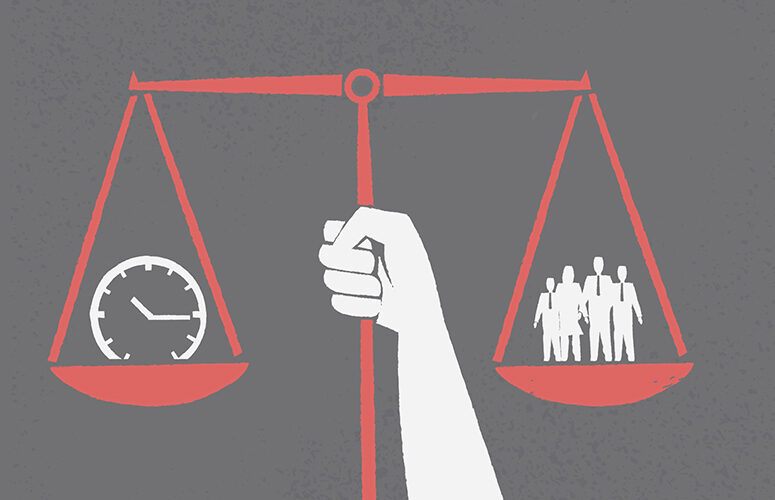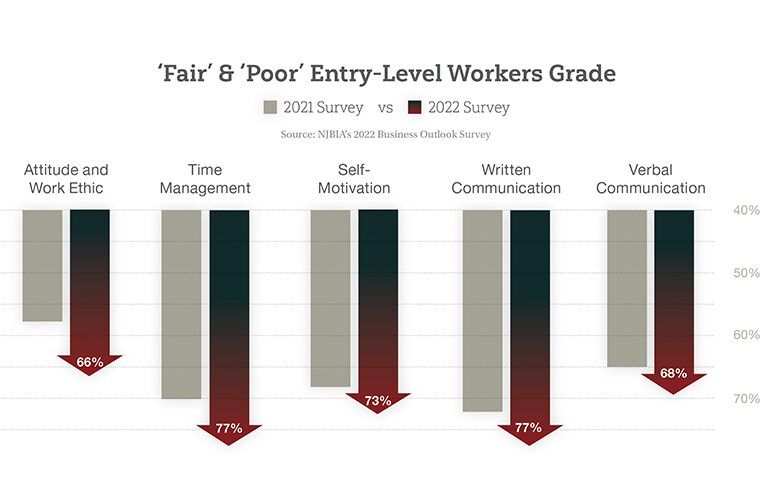
Paying Exempt and Non-Exempt Employees
On Feb 9, 2022Q What is a workweek? Is it just our hours of operation? A workweek is not the same thing as your hours of operation. Rather, it defines the 168-hour period (i.e., seven 24-hour days) in which you track your non-exempt employees’ time to determine whether they’re owed any overtime premium pay.
The workweek can start and end whenever you would like (e.g., Saturday at midnight or Tuesday at noon), but it should change rarely, if ever. Changing it to avoid paying overtime would violate the Fair Labor Standards Act and could lead to wage complaints.
Q An employee worked unauthorized overtime. Do we have to pay them the time and a half for these hours? Yes. Any overtime worked by non-exempt employees must be compensated, regardless of whether the overtime was authorized. We recommend communicating with the employee about work expectations outside of their scheduled workday, making it clear that the company does not expect or permit employees to work unauthorized time and that working without permission is subject to disciplinary action.
Assuming you have a policy that requires overtime be authorized ahead of time, you can (and should) discipline employees for working unauthorized overtime, just as you would for any other violation of your policy. An oral or written warning may suffice for the first offense. Repeated offenses may warrant further corrective action, up to and including termination.
Q When can we deduct from an exempt employee’s pay? In general, if an exempt employee performs any work during the workweek, you must pay them their full salary amount. Deductions are allowed, however, for legally required withholding and benefit elections.
There are a handful of other situations in which a deduction from an exempt employee’s salary would be permissible under federal law:
For any workweek in which the employee performs absolutely no work
In the initial or final week of employment based on the number of hours actually worked
For absences of one or more full days for personal reasons other than sickness or disability
For absences of one or more full days due to sickness or disability, if the deduction is made in accordance with a bona fide paid sick leave plan (the Department of Labor has previously found that a plan that offered at least five paid days off for sickness qualified as bona fide)
To offset amounts the employee receives from jury or witness fees or for military pay
For penalties imposed in good faith for infractions of safety rules of major significance, in accordance with a clearly established workplace policy
For unpaid disciplinary suspensions of one or more full days imposed in good faith for workplace conduct rule infractions
For leave taken under the Family and Medical Leave Act
If none of these situations apply, an exempt employee must receive the full salary for any week in which they perform any amount of work.
To access more business news, visit NJB News Now.
Related Articles:





